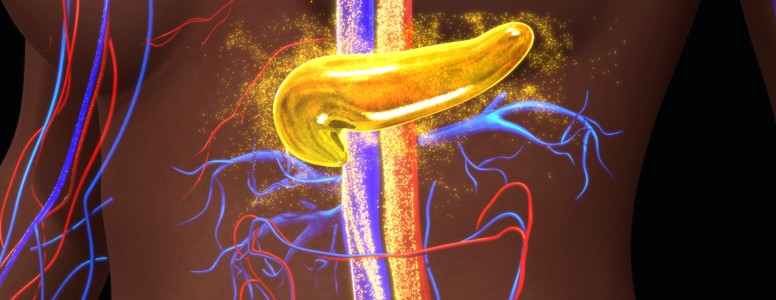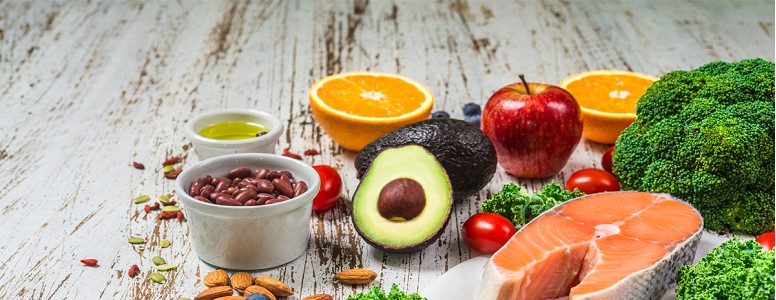A specific protein in the pancreas could be used to prevent low blood glucose (hypoglycemia) in people with diabetes who are treated with insulin.
Neuronostatin is a relatively new discovery and the US team who found it believe it could help form a new treatment for hypoglycemia.
The team, from the Saint Louis University in Missouri, injected rats with neuronostatin and found it forced the pancreas to raise blood glucose levels.
They also studied human pancreas tissue and discovered it released more neuronostatin when blood glucose levels were low. Levels of the protein were increased when glucagon treatment was used.
The researchers say these findings could help determine future treatments involving the protein.
Stephen Grote, a doctoral student from the pharmacology and physiology at Saint Louis University in Missouri, said: “There are very few options for preventing hypoglycemia or treating hypoglycemia unawareness other than avoiding low blood sugar as much as possible.
“Understanding what neuronostatin does and how it works will provide valuable information for preventing hypoglycemia and provide more complete knowledge into how the pancreas manages blood sugar normally.”
The researchers are now continuing their work so they can better understand how neuronostatin impacts glucagon and insulin release from human islets and how the body regulates neuronostatin secretion.
The study’s findings were presented at the American Physiological Society’s annual meeting during the 2019 Experimental Biology meeting.
Visit our Hypo Program for more information on the causes of hypos as well as how to treat low blood glucose and improve your hypo awareness.
What's new on the forum? ⭐️
Get our free newsletters
Stay up to date with the latest news, research and breakthroughs.






